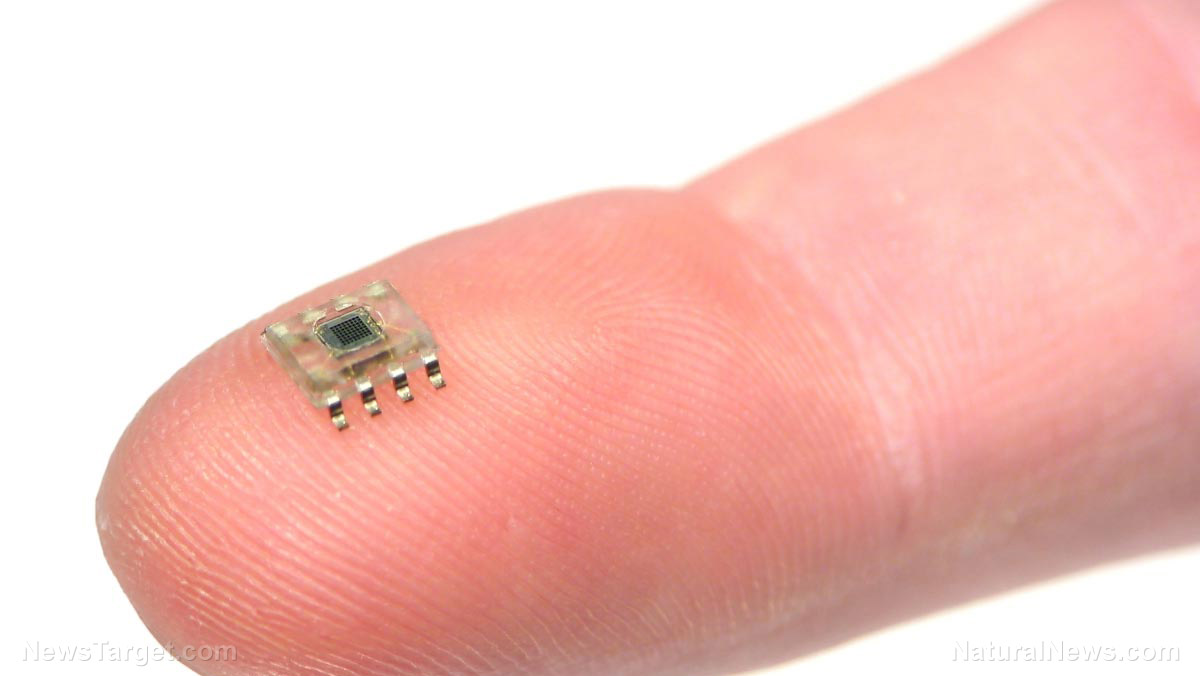From chip implants to gyms: Russians push the boundaries of BIOHACKING
02/20/2020 / By Franz Walker

While our bodies provide us with many natural gifts, there are those who have turned to technology to expand their capabilities. In Russia, a growing number of people are turning to biohacking, a growing movement that sees followers “upgrading” their bodies with a mix of experimental technology and do-it-yourself health fixes.
One of the movement’s leading proponents in Russia is Vladislav Zaitsev. A medical school dropout turned programmer, Zaitsev first made headlines in 2015 when he took the chip from a Moscow metro pass, dissolved it in acetone and then encased it in a silicone casing so he could insert into the back of his own hand. In addition to the chip, Zaitsev has since added magnets to his fingertips, which he uses for party tricks.
“I like the idea of expanding the capabilities of the human body,” stated Zaitsev. He’s not the only one either. Zaitsev estimates that there are about 1,000 Russians who have been chipped, based on his social media contacts. (Related: Transhumanism marches on as “human chipping” becomes trendy.)
Biohacking to extend lifespans
Not all followers of biohacking do it for such mundane purposes. Others, such as entrepreneur Stanislav Skakun, have turned to biohacking for health-related reasons. Skakun himself isn’t chipped, however; instead he regularly visits a private clinic where nurses fill up 20 test tubes with his blood for analysis. The clinic measures hundreds of biochemical markers and has Skakun take handfuls of vitamins and supplements every day.
The result, Skakun claims, is that he hasn’t aged biologically in the past five years. In the end, he hopes to live long enough to see advances in science be able to greatly extend human life.
The promise of an extended lifespan is tempting enough that well-heeled muscovites are paying Skakun’s startup, Biodata, 150,000 rubles ($2,430) for a full checkup. Other’s have opted to join a Moscow-based gym and “biohacking laboratory” owned by Artyom Vasilyev, paying up to 250,000 rubles ($4,050) a year in membership fees.
Interestingly enough, Vasilyev doesn’t believe technology will allow people to live for hundreds of years – at least not in the near future. Instead, the form
